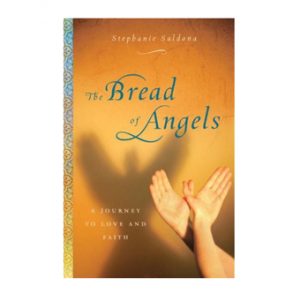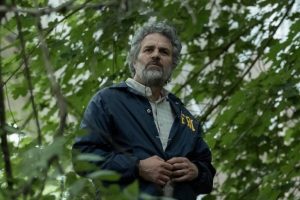By Stephanie Saldaña (Anchor Books, 2011)
 The Arab Spring, which began in Tunisia and spread into Egypt and Libya, has become a seemingly inexorable movement. With the late-summer protests in Syria and Qaddafi’s fall in Libya, Stephanie Saldaña’s memoir of her 2004-2005 Fulbright year in Syria is timely and welcome.
The Arab Spring, which began in Tunisia and spread into Egypt and Libya, has become a seemingly inexorable movement. With the late-summer protests in Syria and Qaddafi’s fall in Libya, Stephanie Saldaña’s memoir of her 2004-2005 Fulbright year in Syria is timely and welcome.
Saldaña, a Mexican American Catholic from San Antonio, Texas, spent several years in the Middle East as a journalist after college, returned to study at Harvard Divinity School, and was awarded a Fulbright scholarship to study in Syria just after the United States had invaded Iraq and President George W. Bush had added Syria to the infamous “axis of evil.” Her arrival in Damascus corresponded with the stream of Iraqi refugees fleeing to this ancient capital.
Having been in the Middle East during other periods of war and tension, Saldaña told herself that this time she would “come as a student, not someone who gets caught up in the story.” Fortunately, she did not really succeed.
What makes Saldaña’s memoir compelling are precisely the stories, her own to be sure, but also the stories of those living in Damascus. Her landlord is a colorful, dignified Armenian Orthodox Christian known as “the Baron.” As the year progresses, Saldaña makes friends with a sheikha who tutors her in the Qur’an and then invites her to come to the madrassa to share her Christian stories with the girls and women. There is also Hassan, an Iraqi refugee, artist, and poet who was once a professor in Baghdad and now paints cheap pictures at a street kiosk for tourists.
In Arabic the word for “home” is the same word used for a line of poetry; Saldaña writes that Arab poets speak of making a home in poetry. Her memoir has the qualities of both: with a lyrical pen, she tells of the ordinary details of Syrian life. Not turning away from tension and suffering, she is able to bring light to the life and love that endure.













Add comment